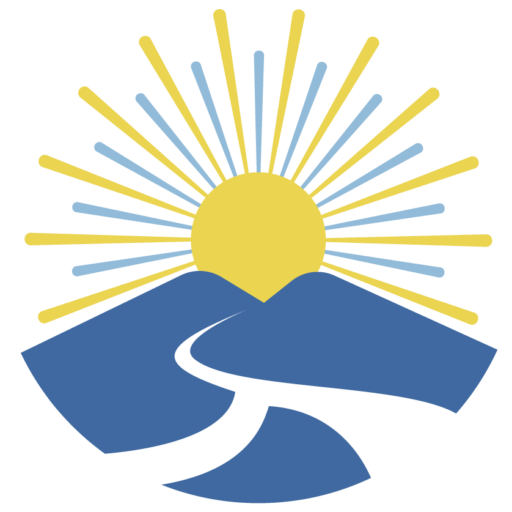OERs
Open Educational Resources
What are Open Education Resources?
Open educational resources (OERs) are free and accessible learning materials designed for teaching, learning, and research. They include things like textbooks, videos, quizzes, and other educational tools that anyone can use, adapt, and share. Because they are openly licensed, usually with Creative Commons licenses, they allow educators and students to use them without cost, customize them to fit specific needs, and collaborate on improving and expanding their content.
At TRU, OER is an essential part of making education more affordable and accessible for students by eliminating costly textbook fees and providing resources that can be customized to your learning needs.
How do OERs Benefit Me?
Cost Savings
With OER, you don’t have to worry about buying expensive textbooks and other course materials
Customization
Instructors can adapt OER materials to better fit your course, making your learning more relevant and engaging
Accessibility
OER materials are available digitally, making them easy to access anytime, anywhere
Global Impact
By contributing to OER, students can share their work with a worldwide audience, adding value to their academic and professional experiences
How Can I Get Involved?
What Kind of OER Content Can I Create?
Textbooks
Write and publish an open-access textbook on a specific subject.
Study Guides & Lecture Notes
Organize your course materials into study guides or note summaries. These can be immensely helpful for exam preparation, particularly for students who want concise reviews of course content.
Flashcards & Study Apps
Create digital flashcards using mobile apps for studying (e.g., Quizlet and Anki). These are popular tools for quick learning and repetition, especially for memorization-heavy subjects.
Collaborative Projects on Wikis
Work with multiple students to build a comprehensive repository of knowledge on a collaborative platform like a wiki.
Collaborative Notes
Collaborate with students on platforms like Google Docs to combine different perspectives and understanding of course material.
Videos
Create educational videos or tutorials explaining concepts or demonstrating skills. These could be hosted on YouTube or integrated into course websites.
Audio & Podcasts
Record lectures, interviews, or educational podcasts. Audio content can be an engaging way to deliver material in a flexible format.
Quizzes & Practice Problems
Develop interactive quizzes or problem sets to help reinforce learning. Tools like H5P and Google Forms can be used to make these resources accessible and shareable.
Presentations & Infographics
Design visually appealing presentations or infographics to simplify difficult concepts and make them easier to grasp.
Multimedia Projects
Combine various media types (e.g., text, audio, video, and quizzes) into comprehensive learning modules or courses
How We Can Support You
The TRU Open Press can provide guidance and support in creating, editing, and publishing this type of content. Whether you’re producing a video series, writing a textbook, or developing quizzes, our team can help you navigate the technical aspects and ensure your work reaches the widest audience.
We offer:
Interested in getting started? Contact us for more information at openpress@tru.ca
